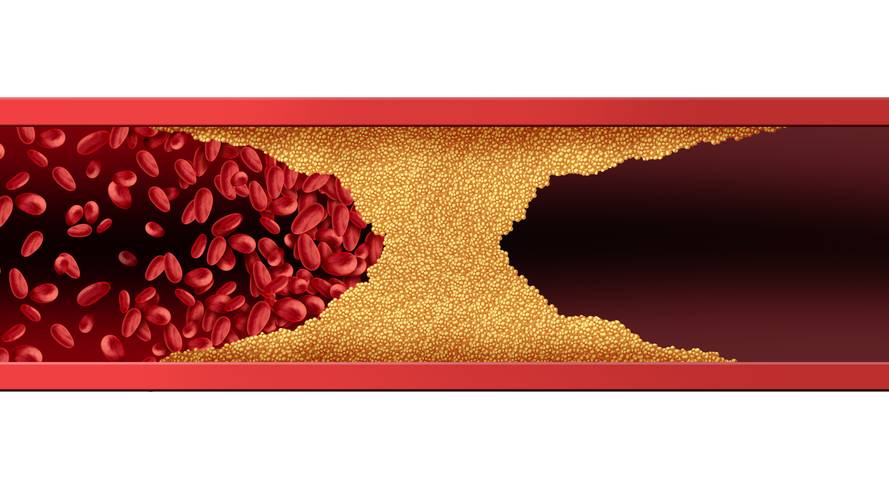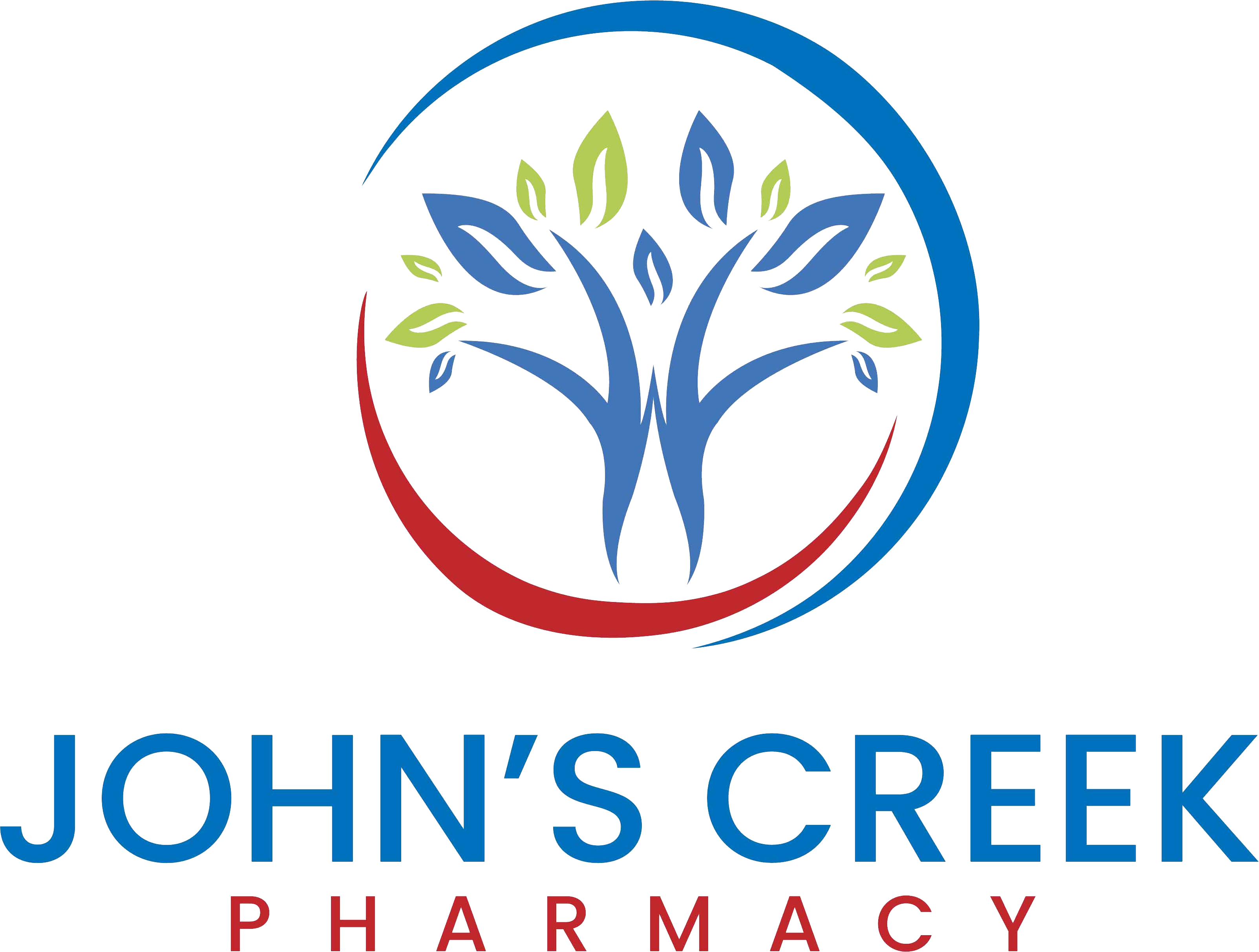
Heart Awareness Month
Ron Wright
American Heart Awareness Month, observed in February, serves as an important reminder of the significance of cardiovascular health and the prevention of heart disease. As a leading cause of death worldwide, heart disease affects millions of individuals each year. This dedicated month aims to raise awareness about the prevalence of heart disease and empower individuals to take proactive steps towards a heart-healthy lifestyle. By understanding the risk factors, adopting healthy habits, and recognizing the signs and symptoms of heart disease, we can work together to promote heart safety and improve overall cardiovascular well-being.
What is Heart Safety Awareness Month?
February is not just about chocolates and flowers; it's also the month to show some love to your ticker. Heart Safety Awareness Month reminds us to take care of our hearts and raise awareness about cardiovascular health. It's a time to educate ourselves and others about the importance of preventing heart disease and maintaining a healthy lifestyle.
History and Significance of Heart Safety Awareness Month
Heart Safety Awareness Month has a significant history behind it. The American Heart Association designated February as the month to focus on heart health back in 1964. Since then, it has become a global initiative to promote cardiovascular wellness. The month coincides with Valentine's Day, reminding us to not only love our partners but also to love our hearts.
Understanding the Prevalence of Heart Disease
Statistics and Data on Heart Disease
Did you know that heart disease is the leading cause of death worldwide? Every year, millions of lives are affected by this silent killer. In the United States alone, approximately 655,000 Americans die from heart disease annually. These numbers may sound frightening, but knowledge is power, and being aware of the prevalence is the first step towards prevention.
Types of Heart Disease
Heart disease encompasses several conditions, each with its own quirks. From coronary artery disease to arrhythmias and heart failure, there are various ways our hearts can misbehave. Understanding these different types of heart disease helps us recognize the symptoms and take necessary precautions before things get too serious.
Risk Factors for Heart Disease
Modifiable Risk Factors
Let's face it: some of our lifestyle choices contribute to heart disease. Smoking, poor diet, lack of exercise, and excessive stress are all modifiable risk factors that we have control over. By making healthier choices and adopting heart-friendly habits, we can significantly reduce our chances of developing heart disease.

excessive stress

lack of exercise

Poor Diet

Smoking
Non-modifiable Risk Factors
While we can't change our genetics, age, or family history, it's essential to be aware of these non-modifiable risk factors. Knowing that we may be predisposed to heart disease allows us to be more vigilant in managing the other aspects of our lives that contribute to cardiovascular health.
Promoting Heart-Healthy Lifestyles
Importance of Adopting a Heart-Healthy Lifestyle
Taking care of our hearts should be a top priority. Adopting a heart-healthy lifestyle can help prevent heart disease and improve overall well-being. By making simple changes like eating a balanced diet, staying physically active, managing stress, and getting enough sleep, we can give our hearts the love and care they deserve.
Benefits of Maintaining a Healthy Heart
Maintaining a healthy heart brings along a plethora of benefits. Not only does it reduce the risk of heart disease, but it also boosts energy levels, improves mental health, enhances productivity, and may even add years to your life. So, why not invest in your heart's future and start prioritizing its well-being today?With Heart Safety Awareness Month, let's make February a time to celebrate and protect our hearts. Remember, a healthy heart is a happy heart, and your ticker deserves all the love you can muster.
Importance of Regular Exercise and Physical Activity
Regular exercise and physical activity play a crucial role in maintaining a healthy heart.
Not only does exercise help in managing weight and reducing the risk of chronic diseases, but it also strengthens the heart muscle and improves overall cardiovascular health. So, don't let your heart feel neglected – get moving!
Physical Activity Guidelines for Heart Health
To keep your heart pumping happily, it's important to follow the recommended physical activity guidelines. The American Heart Association suggests at least 150 minutes of moderate-intensity aerobic activity per week, or 75 minutes of vigorous-intensity aerobic activity. Additionally, it's beneficial to incorporate muscle-strengthening exercises at least two days a week.

Types of Exercises for a Healthy Heart
When it comes to exercising for heart health, there are various options to choose from. Cardiovascular exercises like brisk walking, jogging, cycling, or swimming are excellent choices to get your heart rate up. Additionally, activities such as dancing, hiking, and playing sports can also contribute to a healthy heart. Remember, finding activities you enjoy will make your heart (and you!) happier.
Strategies for Maintaining a Healthy Diet
Maintaining a healthy diet is another crucial aspect of heart safety
By making smart food choices, you can keep your heart in great shape and lower the risk of heart disease. So, let's dig into some tips for a heart-healthy eating plan.
Components of a Heart-Healthy Diet
A heart-healthy diet consists of plenty of fruits, vegetables, whole grains, lean proteins, and healthy fats. It's essential to decrease the intake of sodium, added sugars, and processed foods. So, swap those potato chips for some crunchy carrot sticks and choose grilled chicken over fried, your heart will thank you!
Foods to Avoid for Heart Safety
While we all have our guilty pleasures, it's important to limit certain foods for the sake of our heart. This means cutting back on saturated and trans fats, excessive salt, sugary drinks, and foods high in cholesterol. Sorry, deep-fried donuts and cheesy nachos, but our hearts deserve better.
Recognizing the Signs and Symptoms of Heart Disease
Awareness of the signs and symptoms of heart disease is crucial for early detection and intervention. That way, we can take the necessary steps to keep our hearts healthy and happy.
Common Symptoms of Heart Disease
Heart disease can manifest in various ways, including chest pain or discomfort, shortness of breath, dizziness, fatigue, and irregular heartbeats. Paying attention to these warning signs can save lives, so don't ignore what your heart is trying to tell you.
Understanding the Difference between Heart Attack and Cardiac Arrest
Heart attack and cardiac arrest are terms that are often used interchangeably but refer to different conditions. A heart attack occurs when blood flow to the heart is blocked, while cardiac arrest is an abrupt loss of heart function. Knowing the difference between the two can help you respond appropriately in an emergency situation.

Cardiac Arrest
Cardiac arrest is an abrupt loss of heart function.

Heart Attack
A heart attack occurs when blood flow to the heart is blocked.
Preventive Measures for Heart Safety
When it comes to heart safety, prevention is key. Taking proactive steps to protect our hearts can significantly reduce the likelihood of developing heart disease.
Routine Heart Check-ups and Screenings
Regular heart check-ups and screenings are essential for monitoring your heart health. These check-ups often include blood pressure measurements, cholesterol checks, and evaluations of other risk factors. By staying informed about your heart's well-being, you can take early action if any issues arise.
Importance of Early Intervention and Treatment
If you or someone you know experiences symptoms of heart disease or risks associated with heart health, early intervention and treatment are crucial. Seeking medical attention promptly can prevent further damage and improve the chances of positive outcomes. Remember, your heart is worth the care and attention it deserves.In conclusion, Heart Safety Awareness Month provides a valuable opportunity to prioritize our cardiovascular health and make positive changes in our lives. By taking steps to reduce risk factors, such as maintaining a healthy diet, engaging in regular exercise, and seeking routine check-ups, we can significantly decrease the likelihood of heart disease. Remember, protecting our hearts is a lifelong commitment that requires dedication and awareness. Let us carry the lessons learned during this month throughout the year, ensuring that heart safety remains a top priority. Together, we can make a difference in promoting heart health and ultimately lead longer, healthier lives.
Frequently Asked Questions
What is the main goal of Heart Safety Awareness Month?
The main goal of Heart Safety Awareness Month is to raise awareness about the prevalence of heart disease and promote preventive measures to safeguard cardiovascular health. It aims to educate individuals about the risk factors, symptoms, and importance of maintaining a heart-healthy lifestyle.
How can I reduce my risk of heart disease?
Reducing the risk of heart disease involves adopting healthy habits such as maintaining a balanced diet, engaging in regular physical activity, managing stress levels, avoiding tobacco and excessive alcohol consumption, and attending routine check-ups to monitor cholesterol levels and blood pressure. It is also essential to be aware of the signs and symptoms of heart disease, enabling early intervention and treatment.
Are there any specific dietary recommendations for heart health?
Yes, a heart-healthy diet typically includes plenty of fruits, vegetables, whole grains, lean proteins, and healthy fats like those found in nuts, avocados, and olive oil. It is important to limit the intake of saturated and trans fats, cholesterol, sodium, and added sugars. The Mediterranean diet and the DASH (Dietary Approaches to Stop Hypertension) diet are often recommended for promoting heart health.
What are the warning signs of heart disease that should not be ignored?
Some common warning signs of heart disease include chest pain or discomfort, shortness of breath, fatigue, dizziness, heart palpitations, and swelling in the legs or ankles. If you experience any of these symptoms, it is crucial to seek medical attention promptly. Remember, early detection can greatly improve outcomes and potentially save lives.
